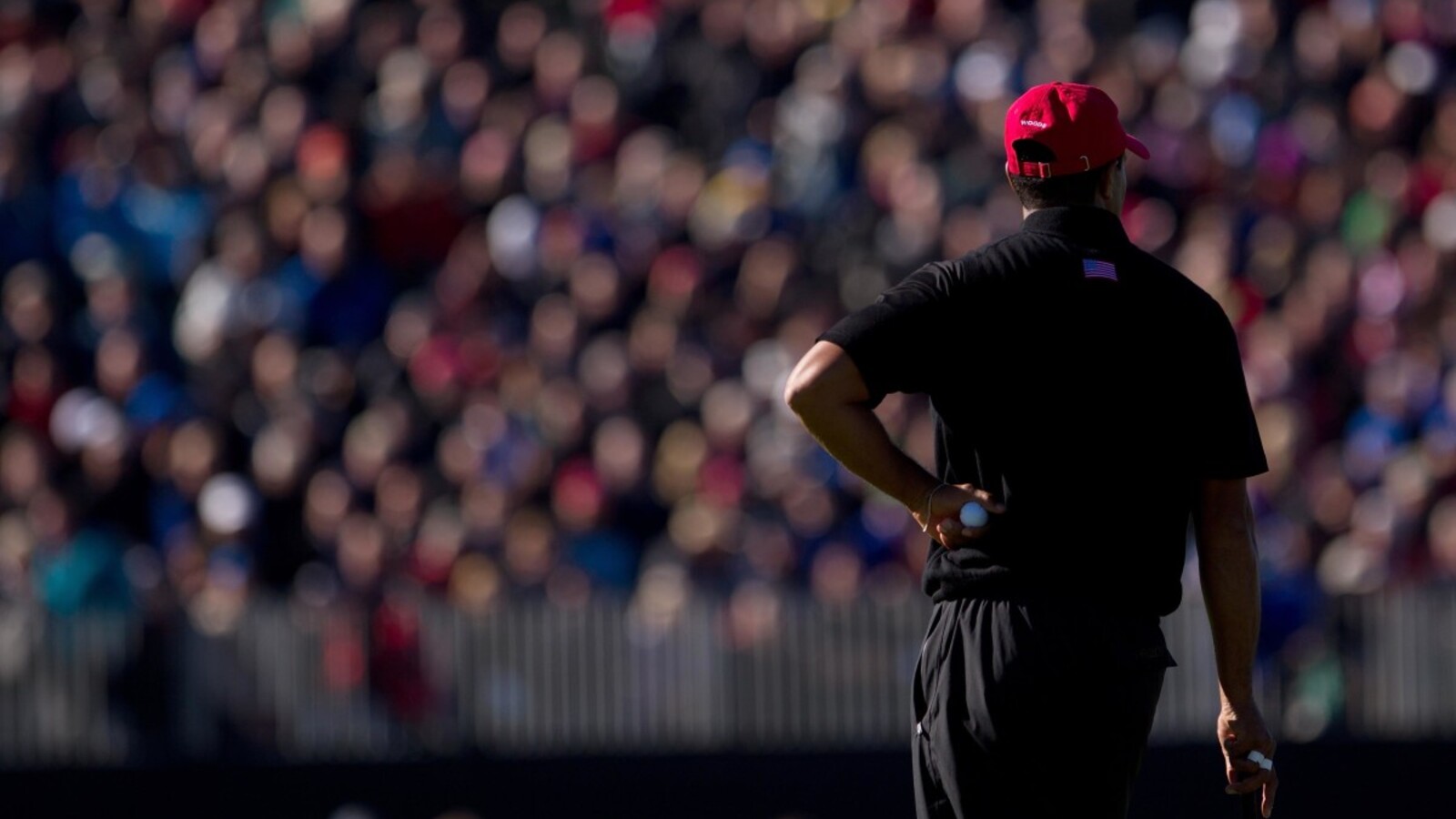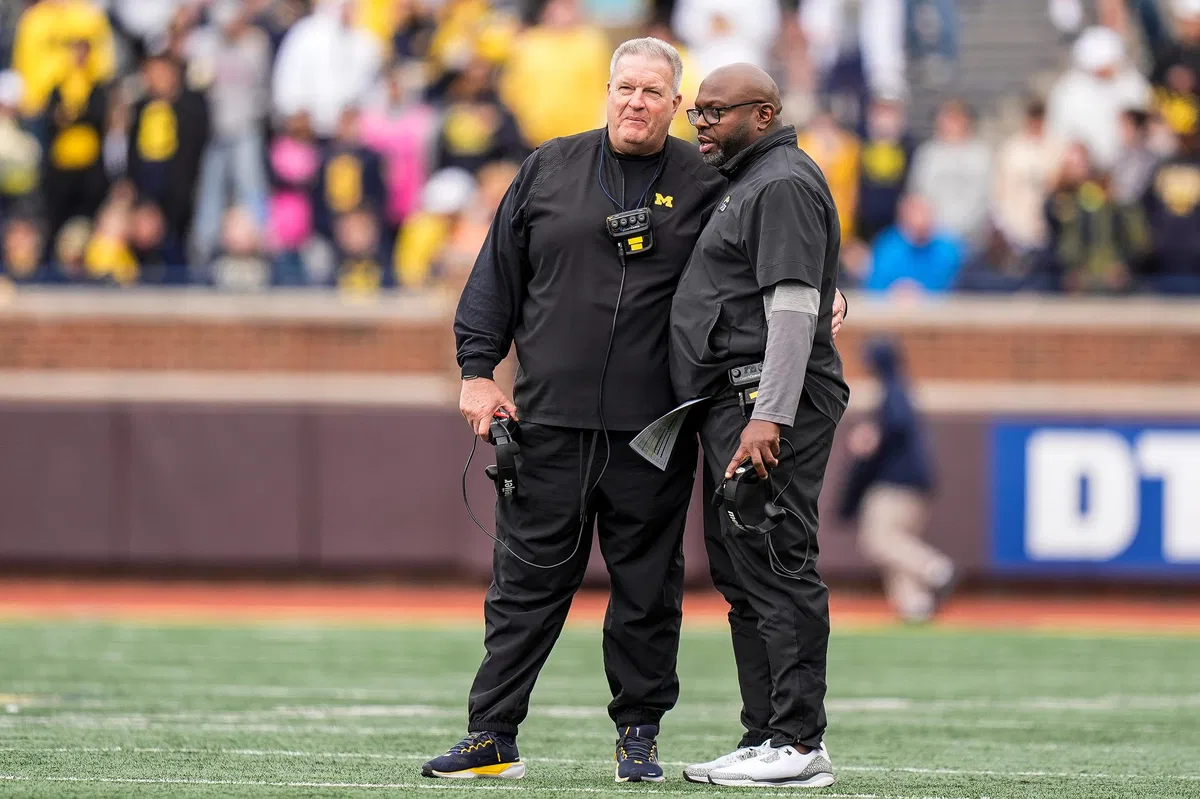
The Ryder Cup defies logic. No prize money changes hands. World ranking points don’t accumulate. Only national pride and crushing expectation weigh on 12 players who’ve built careers around individual mastery. Every two years, when golf’s elite gather for this biennial showdown, something unusual unfolds: the world’s most dominant players often falter.
The All-Time Points Leaders Reveal an Uncomfortable Truth
Sergio Garcia leads the Ryder Cup’s all-time scoring with 28.5 points across 10 appearances. A Spanish golfer who didn’t capture his first major until age 37 somehow became the tournament’s most prolific performer in history.
But scan the upper reaches of this points leaderboard. The names that defined modern golf’s individual excellence? They’re nowhere to be found.
Europe’s Collective Mindset
European players claim seven of the top 10 career scoring positions for compelling reasons. Garcia’s remarkable 25-13-7 record anchors this dominance, though he wasn’t always the continent’s most gifted competitor — just its most adaptable.
Colin Montgomerie compiled 23.5 points without ever winning a major championship. Seve Ballesteros accumulated 22.5 points through raw passion and tactical genius. Jose Maria Olazabal contributed 20.5 points while battling rheumatoid arthritis that threatened to end his career.
European golf culture prioritizes collective achievement over individual glory. These players mature through national amateur competitions, building comfort with team dynamics that American professionals rarely experience. When Garcia celebrates a teammate’s crucial putt with the same intensity as his own, it reflects genuine instinct rather than manufactured enthusiasm.
Tiger’s Ryder Cup Nightmare: A Study in Systematic Failure
Tiger Woods revolutionized professional golf, yet his Ryder Cup record resembles a cautionary tale: 13-21-3 across eight appearances. Woods played for a winning American team exactly once, at the 1999 Ryder Cup at Brookline. His struggles weren’t accidental — they were structural.
Woods constructed his career around total environmental control. Every element demanded precision: routine, equipment, course strategy, mental preparation. The Ryder Cup shattered this meticulously built framework. Partners disrupted his rhythm. Alternate-shot formats often put him in awkward positions. Hostile crowds generated chaos he couldn’t neutralize.
Most destructive was Woods’ inability to trust teammates. His greatest asset — unwavering faith in personal judgment — transformed into his greatest liability when success required confidence in someone else’s instincts. Watch footage from his foursomes matches: the body language conveys discomfort that approaches panic.
Woods shouldered the burden of American expectations. Every missed putt became a national tragedy. Every partner’s mistake reflected on his leadership. The pressure that powered his individual brilliance destroyed him in team competition.
Will Scottie Repeat This Pattern?
Scottie Scheffler entered this week’s Ryder Cup carrying a troubling 2-2-3 record. Friday morning’s devastating 5-and-3 loss alongside Russell Henley dropped that mark to 2-3-3, and he was just now defeated this afternoon, as I write, making his record 2-4-2. The parallels to Woods’ early struggles are disturbing.
Like Woods, Scheffler dominates through obsessive preparation and total self-reliance. His world No. 1 ranking stems from his ability to control every possible variable. Like Woods, he operates within a highly specialized support system that becomes worthless when formats shift overnight.
But Scheffler might escape Woods’ destiny if he absorbs what McIlroy grasped. Rory entered this week at 16-13-4 in Ryder Cup competition — not because he surpasses Scheffler in talent, but because he adapted to team dynamics earlier in his career. McIlroy celebrates teammates’ successes with authentic enthusiasm, communicates constantly during matches and trusts partners’ instincts even when they contradict his own analysis.
The gap between Ryder Cup success and failure often depends more on emotional intelligence than pure ability. Garcia thrived because he channeled individual brilliance through team chemistry. Woods failed because he tried forcing individual excellence onto team competition.
The Format That Strips Everything Away
Foursomes golf eliminates everything modern players have learned to control. You strike from where your partner leaves you, not where you’d position yourself. Pre-shot routines get interrupted. Course management philosophy clashes with someone else’s approach. Tour professionals spend decades refining individual decision-making processes — reading greens their way, selecting clubs based on personal tendencies, managing mental states through private rituals.
Then they’re thrust into a format demanding instant adaptation and blind trust. Major championships create enormous pressure, but they reward exactly the skills that built these careers. The Ryder Cup introduces variables that exist nowhere else: the responsibility of supporting struggling teammates, captains making tactical decisions you oppose and crowds capable of shifting momentum with a single roar.
Today’s tour professionals function within highly specialized ecosystems. Data analysts dissect every facet of their games. Sports psychologists calibrate their mental approaches. Swing coaches adjust microscopic technical details. This support structure — critical for individual success — becomes useless when partnerships form overnight and formats demand philosophical reversals.
Match play rewards aggression while stroke play demands caution. Tour events often punish catastrophic numbers; match play, on the other hand, often rewards the bold shot that wins a hole outright. Players who have built their careers on consistency and risk management must suddenly embrace variance and draw energy from emotional sources that feel alien and uncomfortable.
Most revealing, the Ryder Cup exposes how isolated modern professional golf has become. These players make every decision independently — which club to select, how to read a putt, when to attack. Success flows from trusting personal judgment above all else. Then they’re forced into partnerships requiring constant communication, strategy compromise and faith in someone else’s instincts.
The exact qualities that forge individual champions — self-reliance, perfectionism, complete autonomy — become team liabilities. Until modern stars stop attempting to control the uncontrollable, this tournament will continue humbling golf’s supposedly greatest players.
The Ryder Cup endures as golf’s great equalizer, where raw talent means nothing without emotional intelligence, adaptability and the willingness to blend individual brilliance into something larger than oneself.



